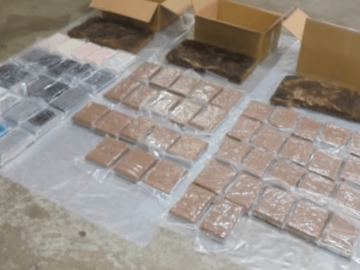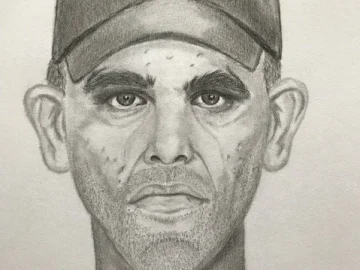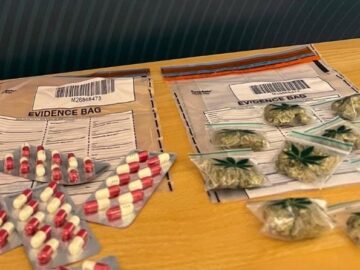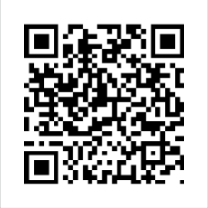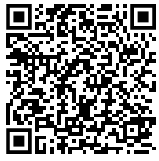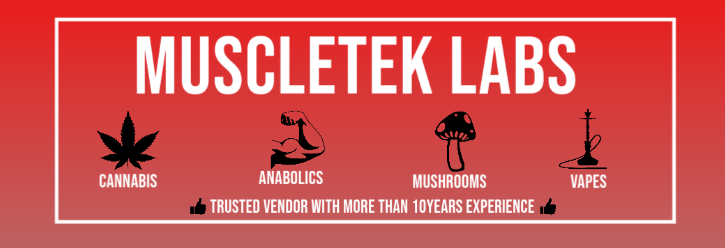“Date-rape drugs used in a rape a week”
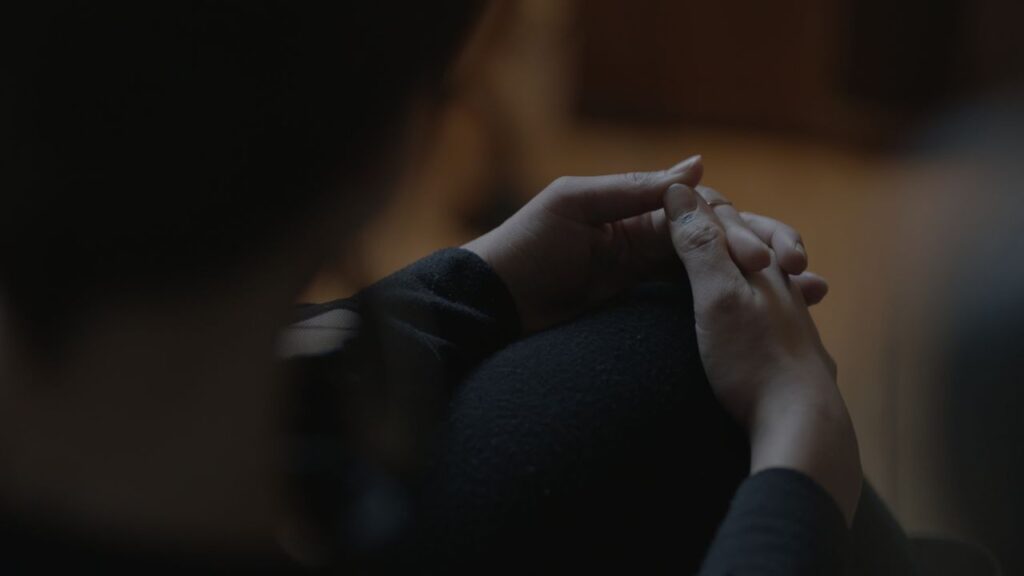
Practically every week Belgian police receive a complaint about rape in which date-rape drugs were used. 49 complaints were filed in 2020 but it’s widely believed they show a serious underestimate of the true scope of the problem.
The drugs used are virtually invisible, tasteless and disappear from bloodstream and urine within 12 hours. The scope of the problem became more widely known after a series of accounts about the use of drugs in rapes by a Brussels barman some six months ago. Organisations like Balance ton Bar and Meldet as well as several demonstrations have succeeded in keeping the issue in the limelight.
During the first half of 2021 the police received 27 reports of rape cases in which drugs were used. Even the police believe the figures underestimate the true size of the problem. Each year around 4,000 rapes are recorded, a figure that doesn’t include assaults. Many victims fail to file a complaint or only do so at a later date.
Rape victims who speak out on VRT’s Pano programme claim their drinks were adulterated. Though police reports detail the use of drugs, alcohol, medicines or a combination, drink-spiking is not specifically mentioned. Drink-spiking is often hard to prove. Substances like GHB quickly disappear from the body.
Proving the use of date-rape drugs is set to remain a hurdle, though changes are being made. Rape of a victim who is drugged or drunk now counts as an exacerbating circumstance. At present it doesn’t matter whether the culprit administered the drugs or alcohol or not. Thanks to legislation going through parliament this is set to change. Rape sentences too are set to increase. Rapists who spike their victims’ drinks risk 15 years in jail.





